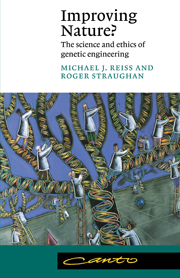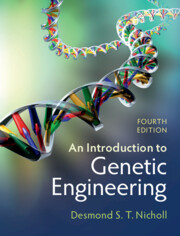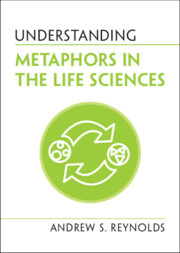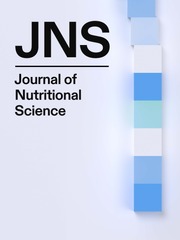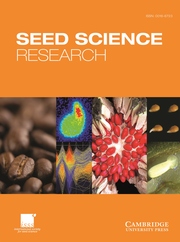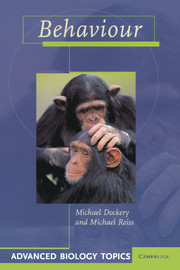Improving Nature?
Little more than a decade ago the term 'genetic engineering' was hardly known outside research laboratories. By now, though, its use is widespread. Those in favour of genetic engineering - and those against it - tell us that it has the potential to change our lives perhaps more than any other scientific or technological advance. But what are the likely consequences of genetic engineering? Is it ethically acceptable? Should we be trying to improve on nature? The authors, a biologist and a moral philosopher, examine the implications of genetic engineering in every aspect of our lives. The underlying science is explained in a way easily understood by a general reader, and the moral and ethical considerations that arise are fully discussed. Throughout, the authors clarify the issues involved so that readers can make up their own minds about these controversial issues.
- Issues covered are controversial and widely debated: GM food; cloning; xenotransplantation; designer babies
Reviews & endorsements
"The choices are still in our hands; this book can help us make them more intelligently." Science
"...an excellent introduction to the topic." Library Journal
Product details
May 2001Paperback
9780521008471
302 pages
217 × 139 × 21 mm
0.413kg
Available
Table of Contents
- 1. Introduction
- Part I. 2. The practicalities of genetic engineering
- 3. Moral and ethical concerns
- 4. Theological concerns
- Part II. Overview:
- 5. The genetic engineering of microorganisms
- 6. The genetic engineering of plants
- 7. The genetic engineering of animals
- 8. The genetic engineering of humans
- Part III. 9. Public understanding of genetic engineering: what can education do?

